13Jan
Replacing What You Reap
THIS PROMOTIONAL FEATURE WAS PROVIDED BY BALLANCE AGRI-NUTRIENTS
Replacing the nutrients removed by hay or silage keeps soil fertile and productive.
When hay or silage is harvested, large amounts of nutrients needed for ongoing pasture quality and productivity are also removed.
Nitrogen (N) is removed in the greatest amounts, followed by potassium (K) and phosphorus (P) (see Table 1). Hay removes less K than silage as it is harvested at a more mature stage, when herbage K levels are lower.
Table 1: Average nutrient removal rates (kg/T DM)
| NUTRIENT |
HAY |
SILAGE |
| NITROGEN (N) |
20 |
| POTASSIUM (K) |
15 |
20 |
| PHOSPHORUS (P) |
5 |
| SULPHUR (S) |
3 |
| MAGNESIUM (MG) |
2 |
If hay or silage is fed out where it was grown some nutrients are unevenly distributed back into the soil via dung and urine, but if it’s fed out elsewhere or exported off farm all its nutrient value goes with it.
Either way, nutrients need to be replaced, in addition to regular maintenance fertiliser requirements. Paddocks that continue to be cropped without doing so can deteriorate over time and become vulnerable to undesirable species such as flat weeds, brown top and poa.
Potassium is especially important for post-harvest clovers, which take some time to recover from being shaded out by grasses. If any nutrient is in short supply clovers suffer first as their root system is shallower than ryegrasses’, making them a poorer competitor for nutrients. Lack of K can easily limit clover growth, which in turn can affect longer term pasture production, quality & N supply.
Soil testing annually provides an accurate picture of soil fertility status and nutrient requirements. Herbage analysis is also useful when multiple cuts are taken from a crop.
Nitrogen is best added strategically during the crop’s growing season. Applying it when the paddock is first shut up aids dry matter response, and gets the paddock back in the grazing rotation faster. If more than one cut is taken, applying N together with maintenance fertiliser after each cut, aids recovery and improves the yield of the next cut.
If Quick K test is under 5, apply K before the paddock is shut up, otherwise apply it postharvest. Post-harvest K applications can be split if large amounts of K are required to replace K removed and/or achieve the desired soil test range.
Avoid overapplying K, as growing plants take up excess K without converting it into extra growth. This could reduce the return on fertiliser investment, if the potentially elevated K herbage levels in conserved feed and/or re-growing pasture are removed when harvested.
If Olsen P levels are optimal (20-30 for sedimentary or 35–45 for pumice and peat soils) maintenance P can be applied at any time. If Olsen P is below optimal, apply P when the paddock is shut up.
Ensure sufficient sulphur (S) is applied annually, and magnesium (Mg) may also be needed if soil test levels are below optimal (8-10). Molybdenum can be checked via clover herbage testing and applied is required.
Pasturemag Hay & Silage has been developed specifically to replace nutrients removed in hay and silage, and supplies N, P, K (as well as S, Mg, and calcium).
For more information, contact your local Ruralco Representative or Ballance Nutrient Specialist.
Related

A cutting-edge software tool is helping farmers reduce losses.
Read More
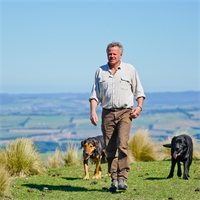
The Bethells have been synonymous with North Canterbury farming for almost as long as there have bee...
Read More
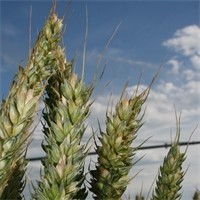
FAR has expanded its research focus to address biosecurity risks and environmental compliance.
Read More
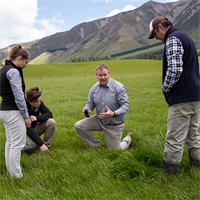
Cultivation and drilling of pasture and autumn sown crops are underway with the long-term forecast t...
Read More
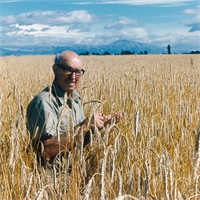
This year Ruralco is proud to be celebrating its 60th anniversary, and 60 years of supporting farmer...
Read More
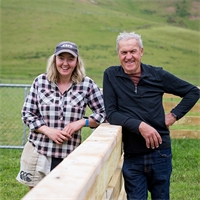
Knowledge, experience, and passion for agriculture are key drivers behind new Ruralco Chair Sir Davi...
Read More